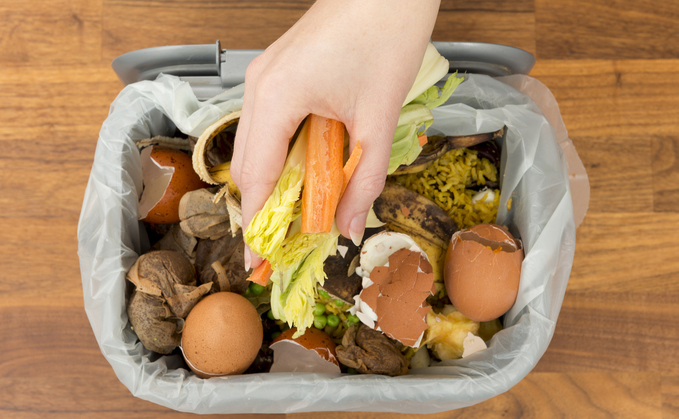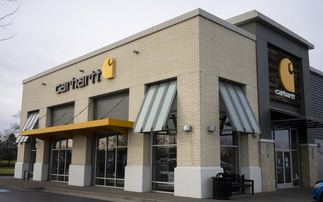Credit: iStock
New funding designed to allow councils to deliver weekly food waste collections as standard from April 2026
The government has announced up to £295m of funding is to be made available to help ensure councils can deliver weekly food waste collections as standard from 31st March 2026.
The new funding is to cover new food waste containers for homes and specialist collection vehicles, and will be targeted at local authorities that have yet to fully put food waste service in place.
Food waste collection is increasingly commonplace across the UK, with millions of tonnes of food waste processed at anaerobic digestion plants to produce biogas and fertilisers. But not all councils provide the service and some of those that do only provide fortnightly collections.
As such, over 10 million tonnes of food is wasted every year in the UK, with much of it sent to landfill, leading to methane emissions and increased costs. According to the government, more than 18 million tonnes of greenhouse gas emissions a year are associated with this waste.
The new funding forms part of the government's Simpler Recycling plans, which aim to introduce a more standardised approach to waste and recycling collection across the UK in a bid to improve recycling rates that have flat-lined for much of the past decade.
The hope is that by ending the confusing patchwork of rules governing what can and cannot be recycled in different parts of the country, people across England will be able to recycle the same materials.
"Weekly food waste collections are a central plank in delivering a simpler, easier recycling system for all," said Recycling Minister Robbie Moore. "It will help to stop food waste heading to landfill and support our goals of tackling both waste and climate change. We're backing councils with new funding to ensure the nation can benefit and recycle more."
Claire Shrewsbury, director of insights and innovations at waste charity WRAP, said weekly food waste collections would give recycling in England "an important boost and help reduce the impact of food waste on climate change".
"Our research shows that when food waste collections are introduced, and people see how much food goes to waste in their home, they want to do something about it," she said. "And with food waste costing a household of four around £1,000 a year, weekly collections will not only help prevent food waste in the first place, but utilise the food waste collected to generate green energy and compost."
Defra said it had developed the funding formula underpinning how the £295m will be distributed in collaboration with WRAP and following engagement with local authority organisations.
The formula accounts for a number of variables including rurality, levels of deprivation, number of kerbside and flatted properties, configuration of flatted properties, food waste yields, vehicle and container unit costs, and average collection round sizes. The model also takes into account the extent of existing food waste collection in each local authority.
The news comes just days after a group of leading businesses called on the government to introduce mandatory food waste reporting for food retailers.
An open letter organised by social impact company Too Good To Go and the British Retail Consortium (BRC) and backed by over 30 leading companies argued mandatory reporting is necessary to tackle the UK's food waste mountain.
Andrew Opie, director of food and sustainability at the BRC, said mandatory food waste reporting would be a "key step" in reducing food waste and would help retailers to better understand their waste hotspots and where surplus food can be redistributed.
Want to understand what is going on at the cutting edge of sustainability? Check out BusinessGreen Intelligence - the premier information for professionals focused on the UK's green economy.






